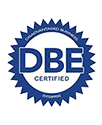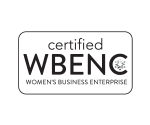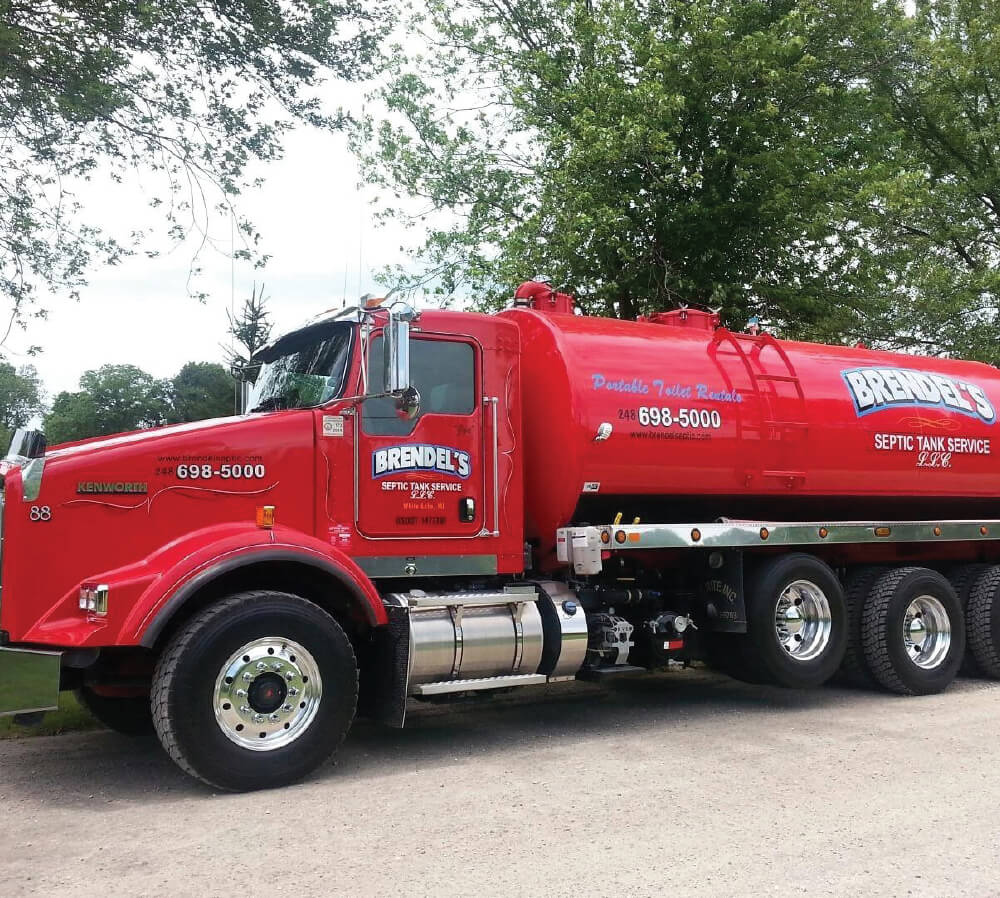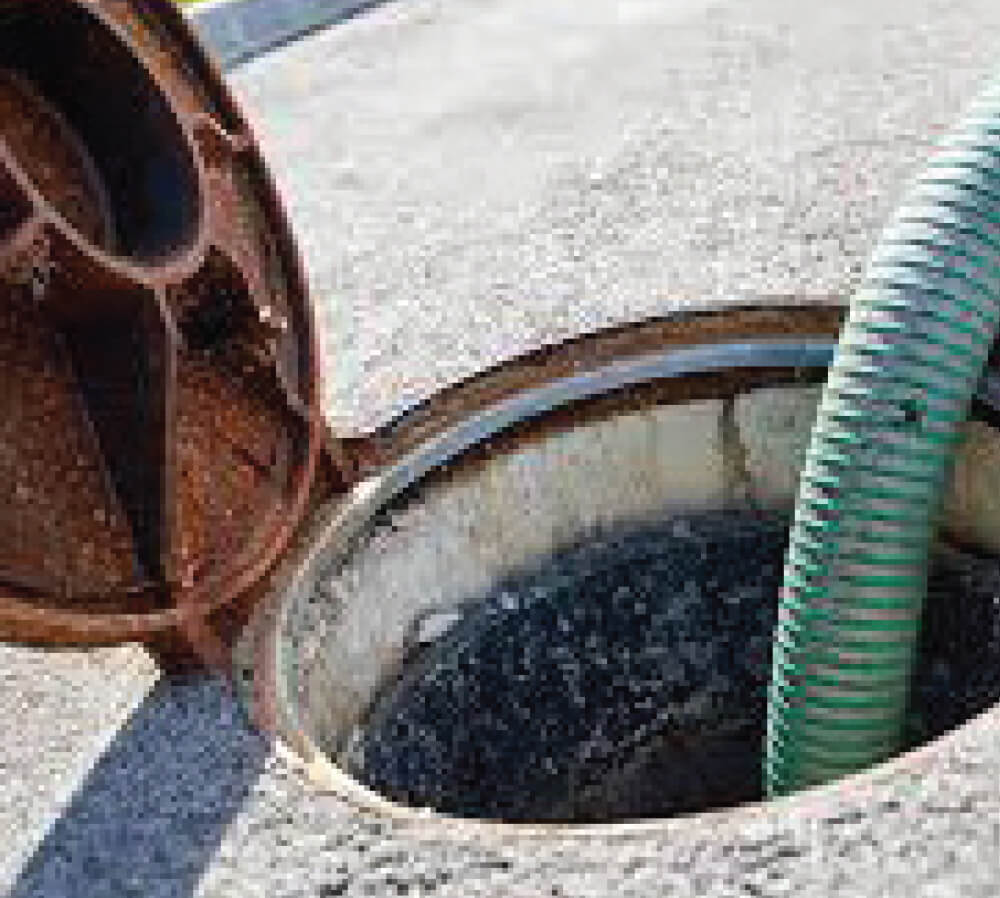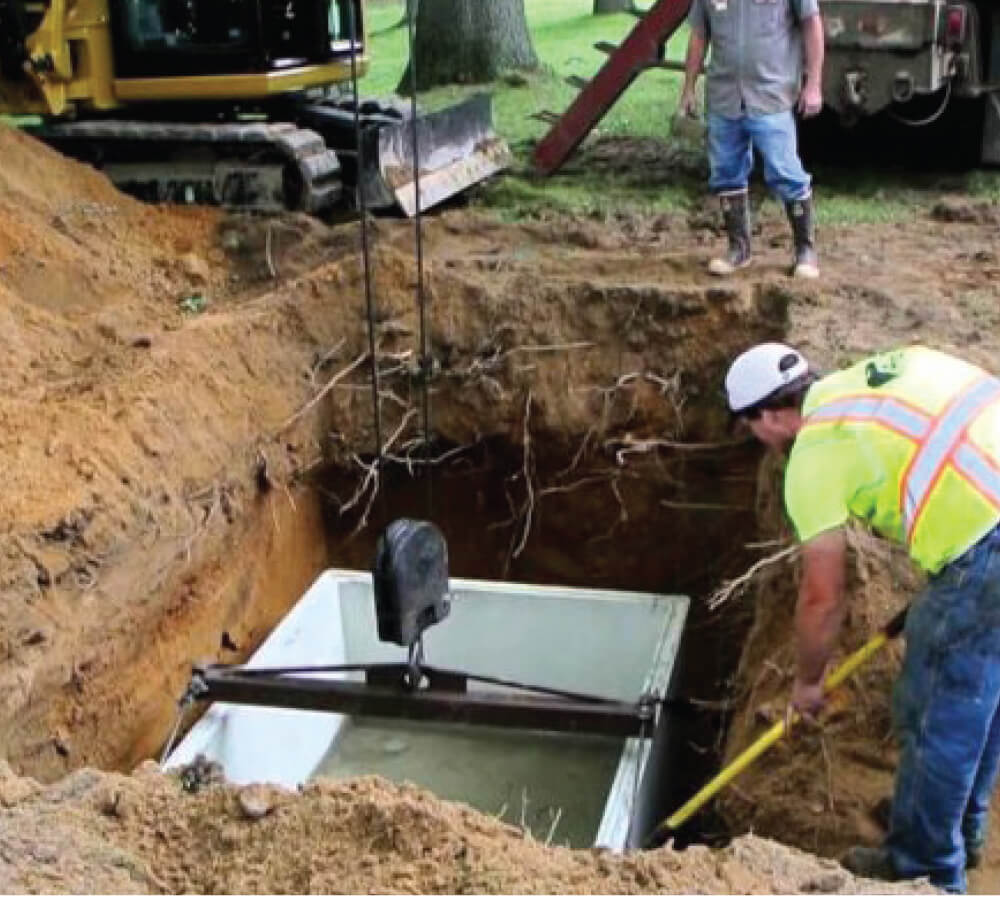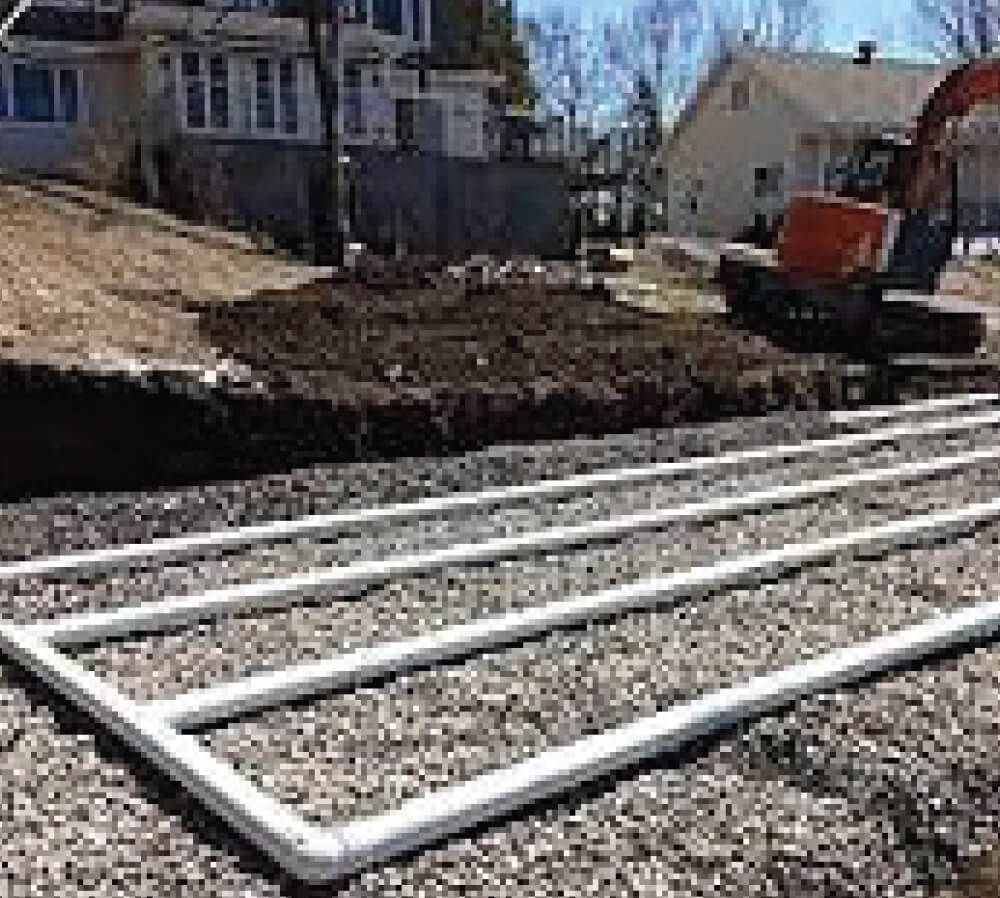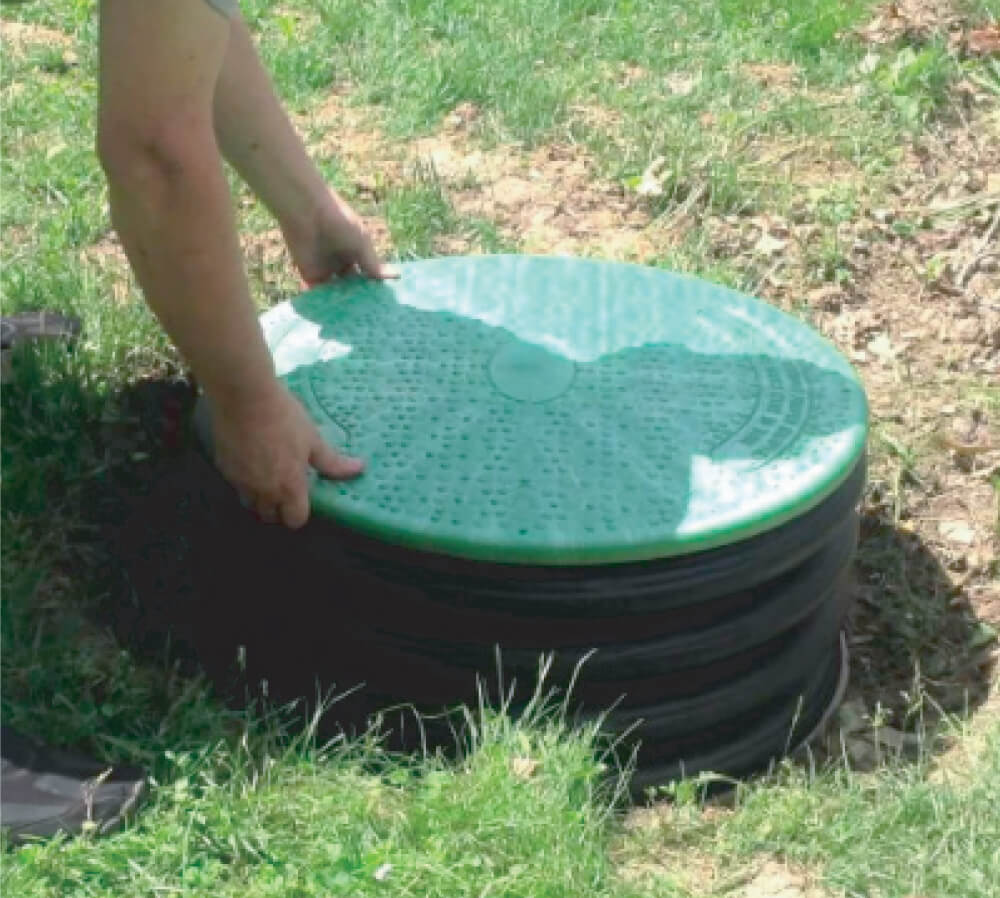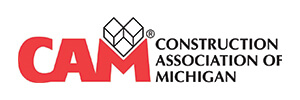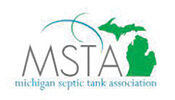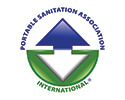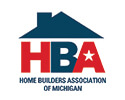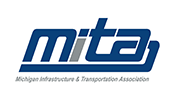A guide to your septic system
In areas where public sewer is not available, homeowners must install septic systems on their property to treat and dispose of their wastewater.
As the homeowner, you are responsible for the care and maintenance of your septic system. If properly designed, constructed and maintained, your septic system can provide long-term effective treatment of household wastewater.
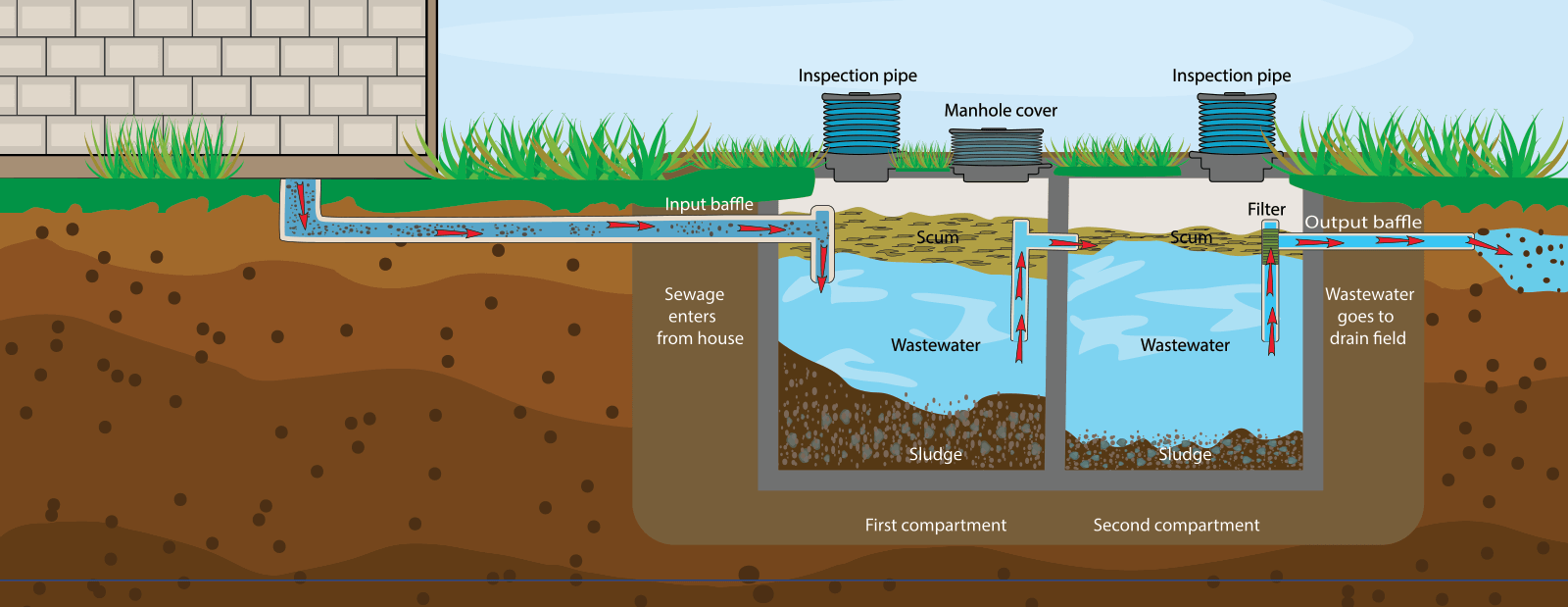
Protect your Septic System
Your septic system has a limited life expectancy which can be drastically shortened by improper use and care. Management is the key to a lasting system. Remember these 4 steps:
1. Pump your Septic Tank
One of the most important things you can do for your system is to have the tank pumped every 2-3 years by a licensed pumper.
2. Use Water Efficiently
Using more water than the soil can absorb is the most common reason for system failure. Efficient water use can improve the operation of your septic system and reduce the risk of failure. Be sure to install low-flow fixtures, repair leaky faucets and run the dishwasher and clothes washer only when full.
3. Watch what goes down the drain
Your septic system is not a trash can. Never pour grease or oils down your drains; garbage disposals cause rapid overload of the system; and dispose of non-biodegradable items in the trash.
4. Care for your drainfield
Your drainfield is an important part of your septic system. Never plant trees or gardens, or drive or park on top of the drainfield. Direct water from down spouts and the sump pump away from the drainfield.
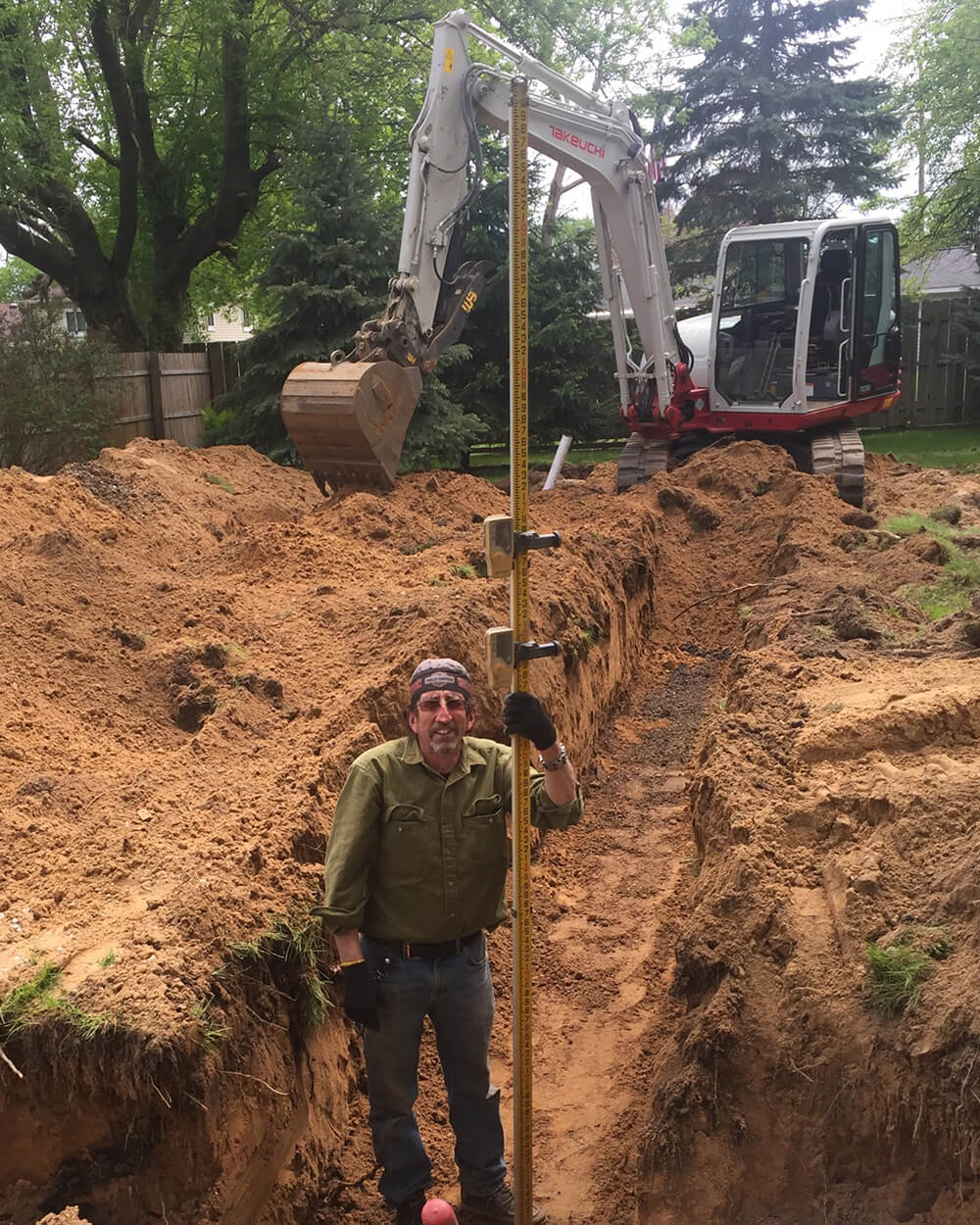
Do:
- Do pump your septic every 2-3 years
- Do use water efficiently to avoid overloading the system. Be sure to repair leaky faucets or toilets and use high-efficiency fixtures.
- Do landscape properly. Dense grass cover and shallow rooted plants are beneficial to a drainfield. Tree and shrub roots will cause damage.
- Do keep all automobiles, livestock and cement off of the drainfield.
- Do learn the location of your septic system and mark the boundaries of your drainfield as a reminder.
- Do keep records of repairs, pumpings, inspections and permits issued.
- Do check with the health department before using additives. Commercial septic tank additives do not eliminate the need for periodic pumping and can harm your system.
- Do recycle household hazardous waste by contacting your environmental services department.
Don’t:
- Don’t use chemicals to clean your system except on the advice of the Health Department.
- Don’t use a kitchen garbage disposal unit which can add large quantities of solids requiring the need for more frequent pumping.
- Don’t put toxic household wastes down the drain like grease, oils, paints, chemicals, pesticides and vehicle fluids.
- Don’t drive or park any vehicles on top of the drainfield. This can compact the soil and damage the pipes.
- Don’t stockpile snow or soil on top of the drainfield.
- Don’t allow downspouts to drain onto your drainfield.
- Don’t empty water from swimming pools, hot tubs or sump pumps to your drainfield.
- Don’t treat your system like a garbage can by disposing of dental floss, cotton swabs, cigarette butts and paper towels.
- Don’t flush feminine hygiene or wipes down the toilet.
Warning Signs
- Surfacing sewage, odors, wet spots or lush vegetation in the drainfield
- Plumbing back-ups
- Slow-draining fixtures
- Gurgling sounds in the plumbing system
When your Septic System Fails
- Do not wait for the system to fail before pumping the septic tank. Once it fails, pumping the tank will not solve the problem
- Do not place more soil over a saturated drainfield. This is not a fix and sewage will soon surface again.
- Do not pipe the sewage to the road ditch, drain or other body of water. This is illegal and creates a health hazard.
- Do contact your Health Department if you have questions regarding your existing or proposed septic system and the Sanitarian assigned to your area will be able to assist you.
We cover all of SE Michigan including Oakland, Wayne Washtenaw and Livingston Counties. Free, fast quotes.

